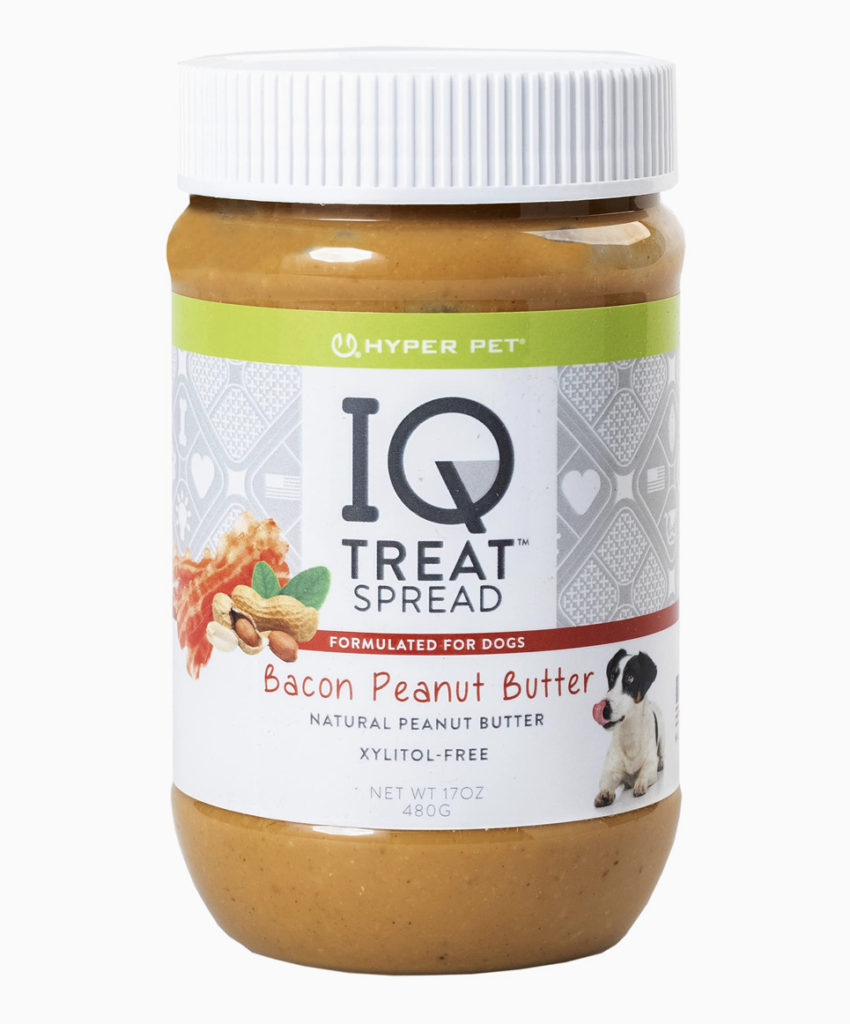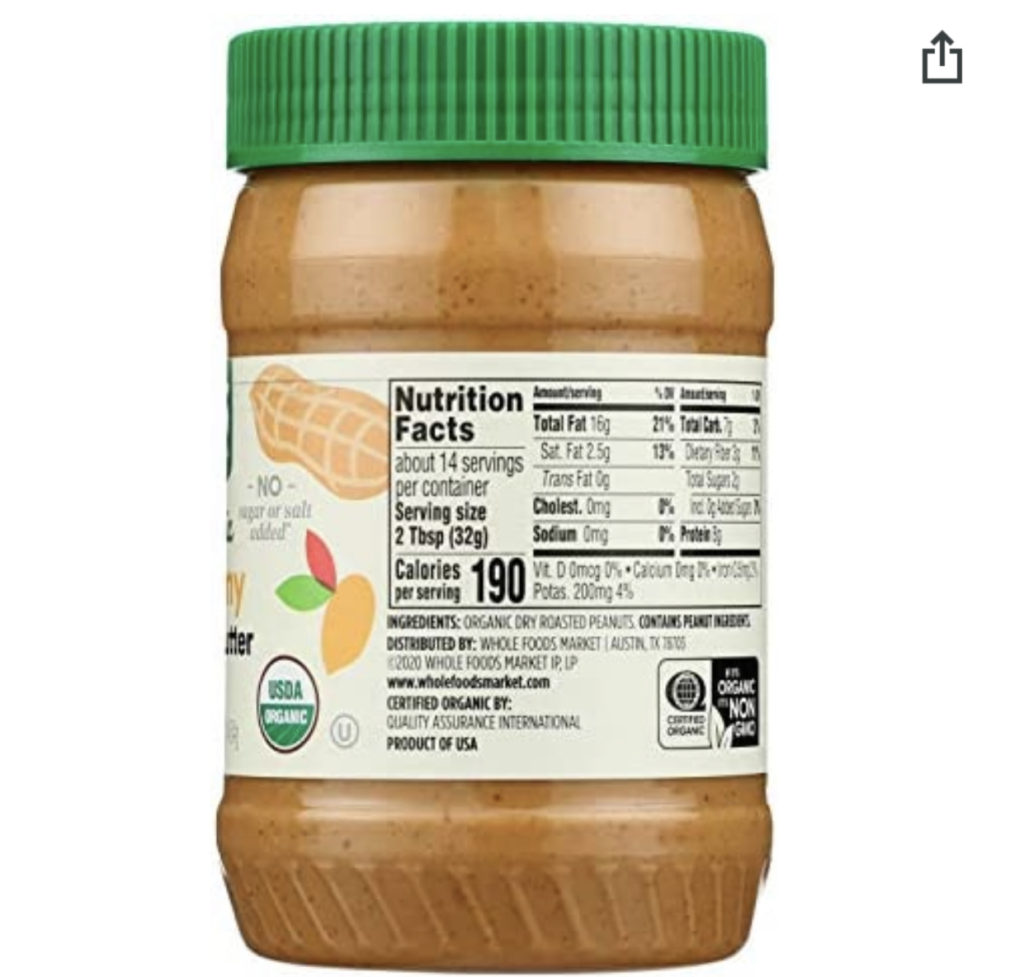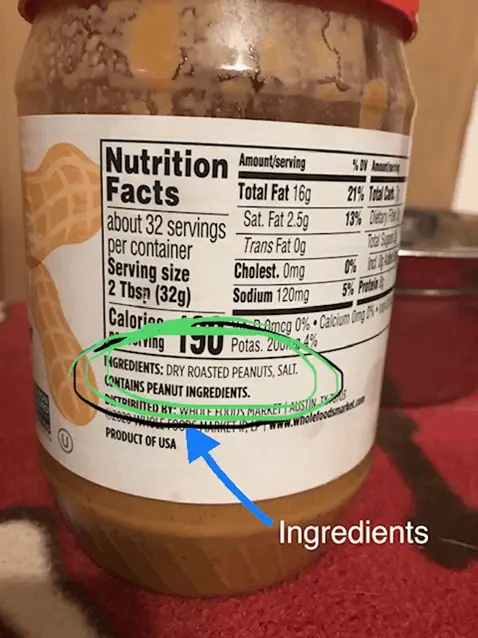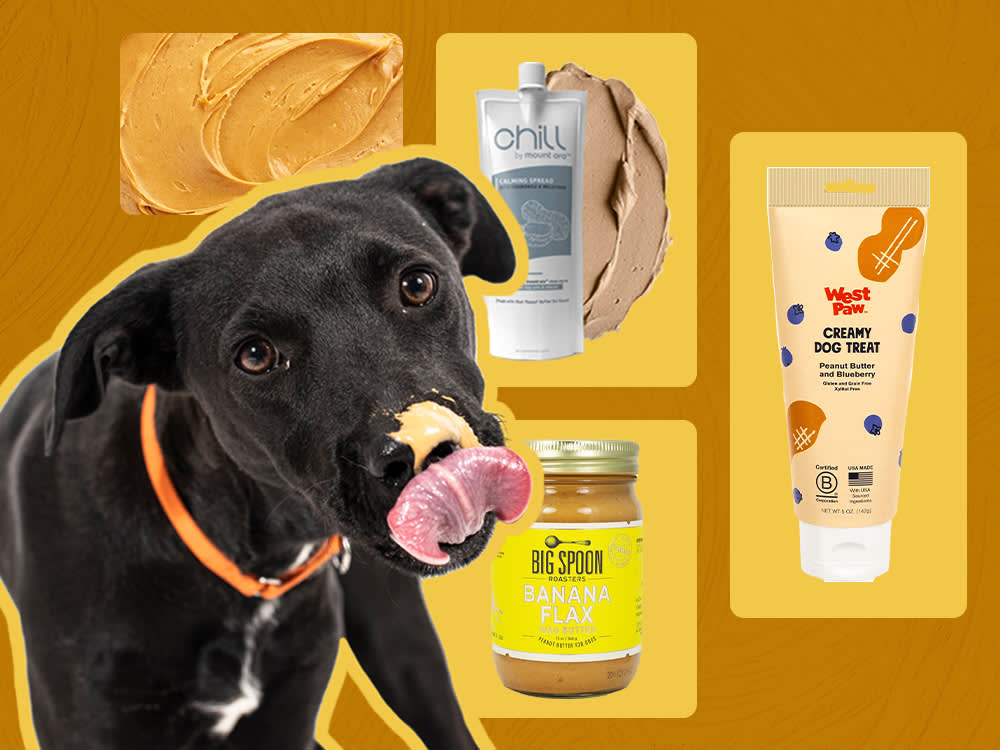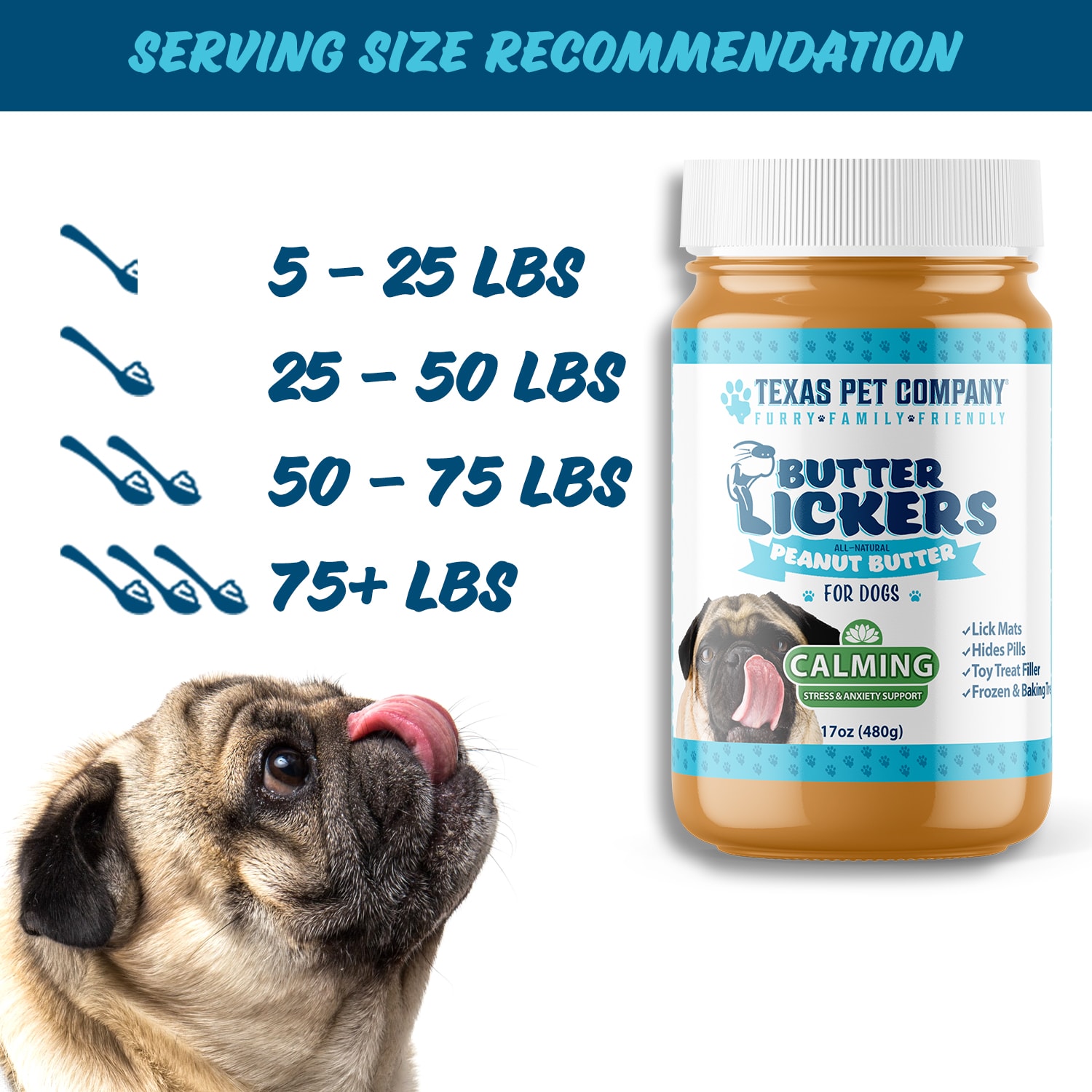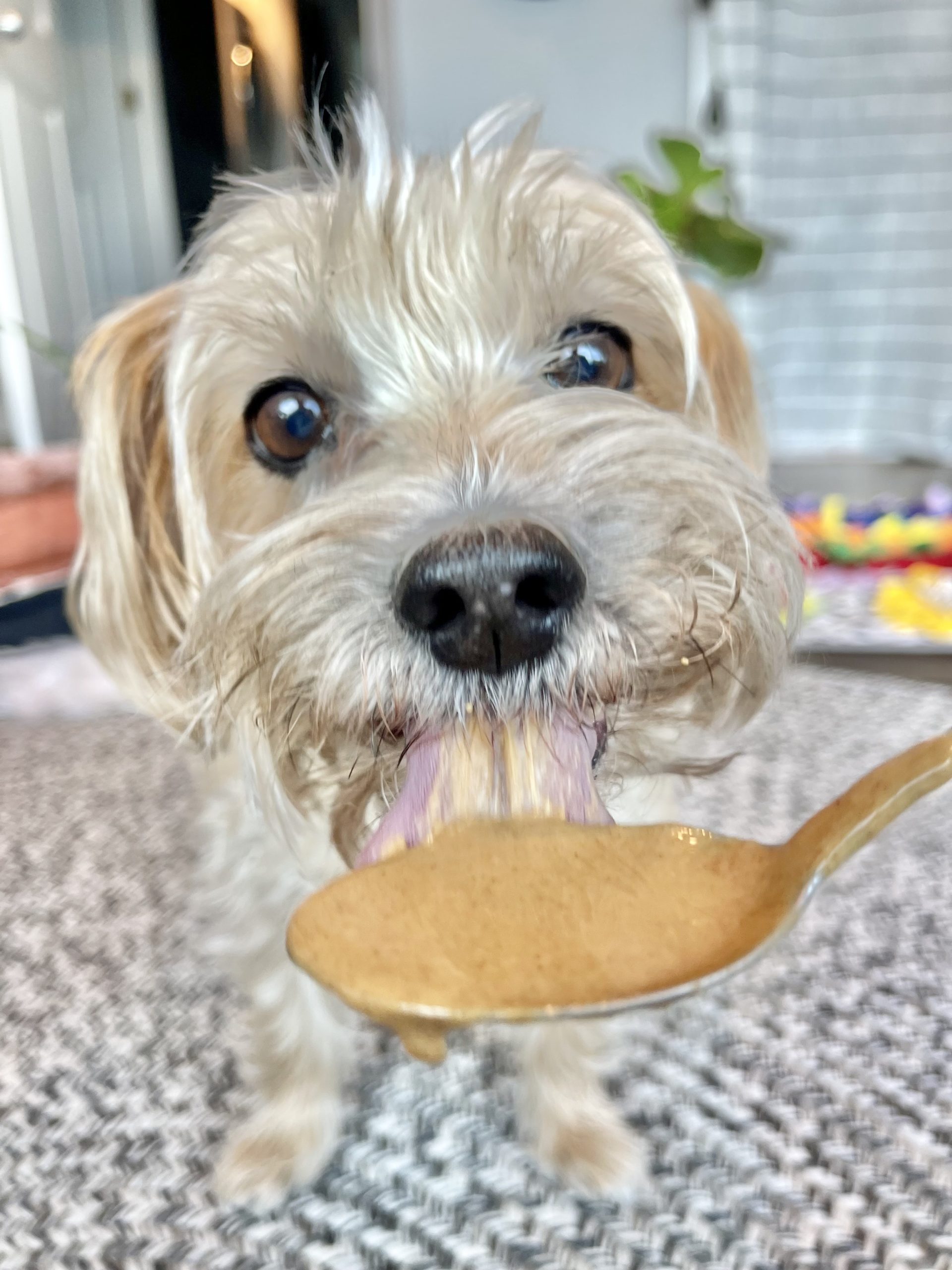What Brand Of Peanut Butter Is Safe For Dogs
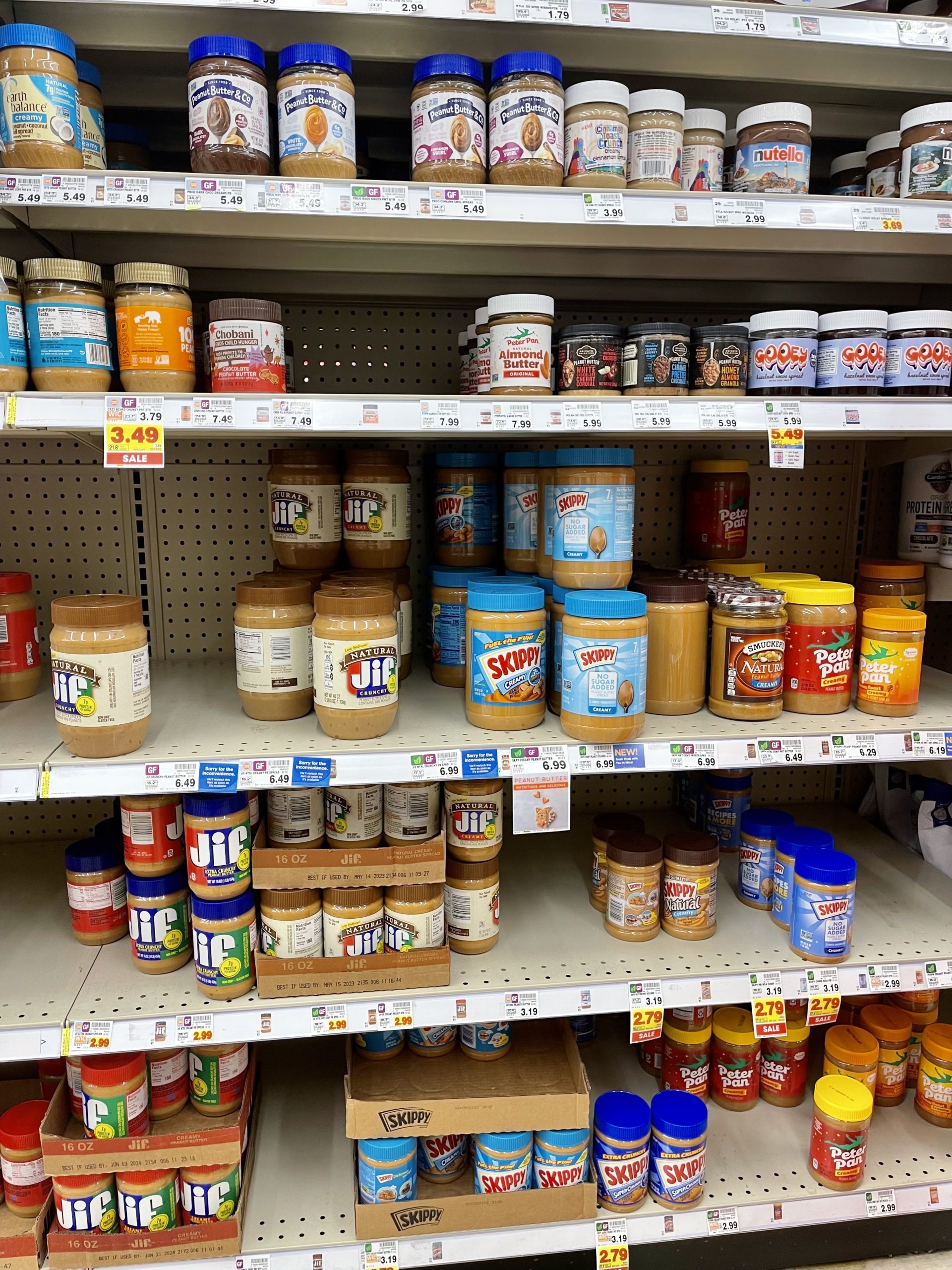
The aroma of peanut butter hangs heavy in the air, a siren song for both humans and their canine companions. A golden retriever, eyes gleaming with anticipation, sits patiently, tail thumping a steady rhythm against the kitchen floor. A spoonful of the creamy treat hovers enticingly, a moment of pure joy about to unfold. But beneath this idyllic scene lurks a silent danger, a hidden ingredient that can turn a simple reward into a trip to the vet.
This article dives into the often-overlooked world of dog-safe peanut butter, providing clarity on which brands are safe and which contain the potentially deadly sweetener, xylitol. It's crucial for pet owners to understand the risks and make informed choices when offering this popular treat to their beloved furry friends.
The Peanut Butter Predicament: Xylitol's Hidden Threat
Peanut butter has long been a favorite treat and a useful tool for dog owners. It’s perfect for hiding pills, occupying a pup during bath time, or simply offering a tasty reward.
However, the rise of xylitol, an artificial sweetener, in many sugar-free products has introduced a serious threat. Xylitol is highly toxic to dogs, even in small amounts.
It can cause a rapid and dangerous drop in blood sugar (hypoglycemia) and liver failure. Awareness of this danger is paramount for responsible pet ownership.
Why is Xylitol Added to Peanut Butter?
Xylitol is used as a sugar substitute in various products, including some peanut butters, to reduce sugar content and appeal to health-conscious consumers. It is particularly prevalent in "sugar-free" or "reduced sugar" varieties.
The sweetness of xylitol is similar to sugar, but it has fewer calories and doesn't raise blood sugar levels as drastically in humans. This makes it an attractive alternative for manufacturers.
Unfortunately, while safe for humans in moderation, it poses a significant risk to canine health.
Safe Peanut Butter Brands: A Guide for Dog Owners
Fortunately, many peanut butter brands are perfectly safe for dogs. The key is diligent label reading to ensure xylitol is not listed as an ingredient.
Generally, natural peanut butters containing only peanuts and perhaps salt are the safest options. These brands often avoid artificial sweeteners and other potentially harmful additives.
Here are a few brands frequently cited as safe, but always double-check the ingredient list:
- Smucker's Natural Peanut Butter: Contains only peanuts and salt.
- Crazy Richard's 100% Peanuts Peanut Butter: Another simple option with just one ingredient.
- 365 Everyday Value Organic Peanut Butter (Whole Foods): Organic option with minimal ingredients.
How to Read a Peanut Butter Label for Xylitol
The most important step is to carefully examine the ingredient list on the peanut butter jar. Look for the word "xylitol" or other alternative spellings or names, although this is rare.
It is crucial to check even if you have purchased the same brand before. Manufacturers sometimes change their formulas.
If you are unsure about an ingredient, it is best to err on the side of caution and choose a different brand.
What to Do if Your Dog Eats Xylitol
If you suspect your dog has ingested xylitol, it is crucial to act immediately. Even a small amount can be life-threatening.
Symptoms of xylitol poisoning in dogs can include weakness, vomiting, loss of coordination, seizures, and even coma. These symptoms can appear within 30 minutes of ingestion.
Contact your veterinarian or an animal poison control center, such as the ASPCA Animal Poison Control Center (888-426-4435), immediately. Time is of the essence in these situations.
"Xylitol is extremely toxic to dogs. Even small amounts can cause a rapid drop in blood sugar, resulting in seizures, liver failure, and even death," says Dr. Emily Carter, a veterinarian specializing in toxicology.
Preventing Xylitol Poisoning
The best way to protect your dog from xylitol poisoning is to prevent them from accessing products containing it. Store all products containing xylitol safely out of reach.
Educate family members and visitors about the dangers of xylitol and the importance of not sharing human food with dogs without checking the ingredients first.
Consider using dog-specific peanut butter alternatives formulated to be safe for canine consumption, although even these should be given in moderation.
Beyond Peanut Butter: Other Sources of Xylitol
While peanut butter is a common concern, xylitol can be found in a wide variety of other products. Awareness of these sources is essential for maintaining a safe environment for your dog.
These include sugar-free chewing gum, candies, baked goods, toothpaste, mouthwash, and even some medications.
Always read labels carefully and keep all products containing xylitol out of your dog's reach.
The Importance of Moderation
Even with dog-safe peanut butter, moderation is key. Peanut butter is high in fat and calories and should be given as an occasional treat, not a staple food.
Too much peanut butter can lead to weight gain, digestive upset, and other health problems. Consult with your veterinarian to determine the appropriate amount of peanut butter for your dog's size and breed.
There are also many other healthy and delicious treat options available for dogs, such as fruits and vegetables, that can be incorporated into their diet.
A Final Thought on Canine Safety
The simple act of offering a peanut butter treat highlights the responsibility we have as pet owners to be vigilant and informed. A quick check of the label can be the difference between a moment of joy and a life-threatening emergency.
By educating ourselves about the dangers of xylitol and taking precautions to keep it out of our dogs' reach, we can ensure their safety and well-being.
So, the next time you reach for that jar of peanut butter, remember to pause, read the label, and choose wisely. Your furry friend will thank you for it.


